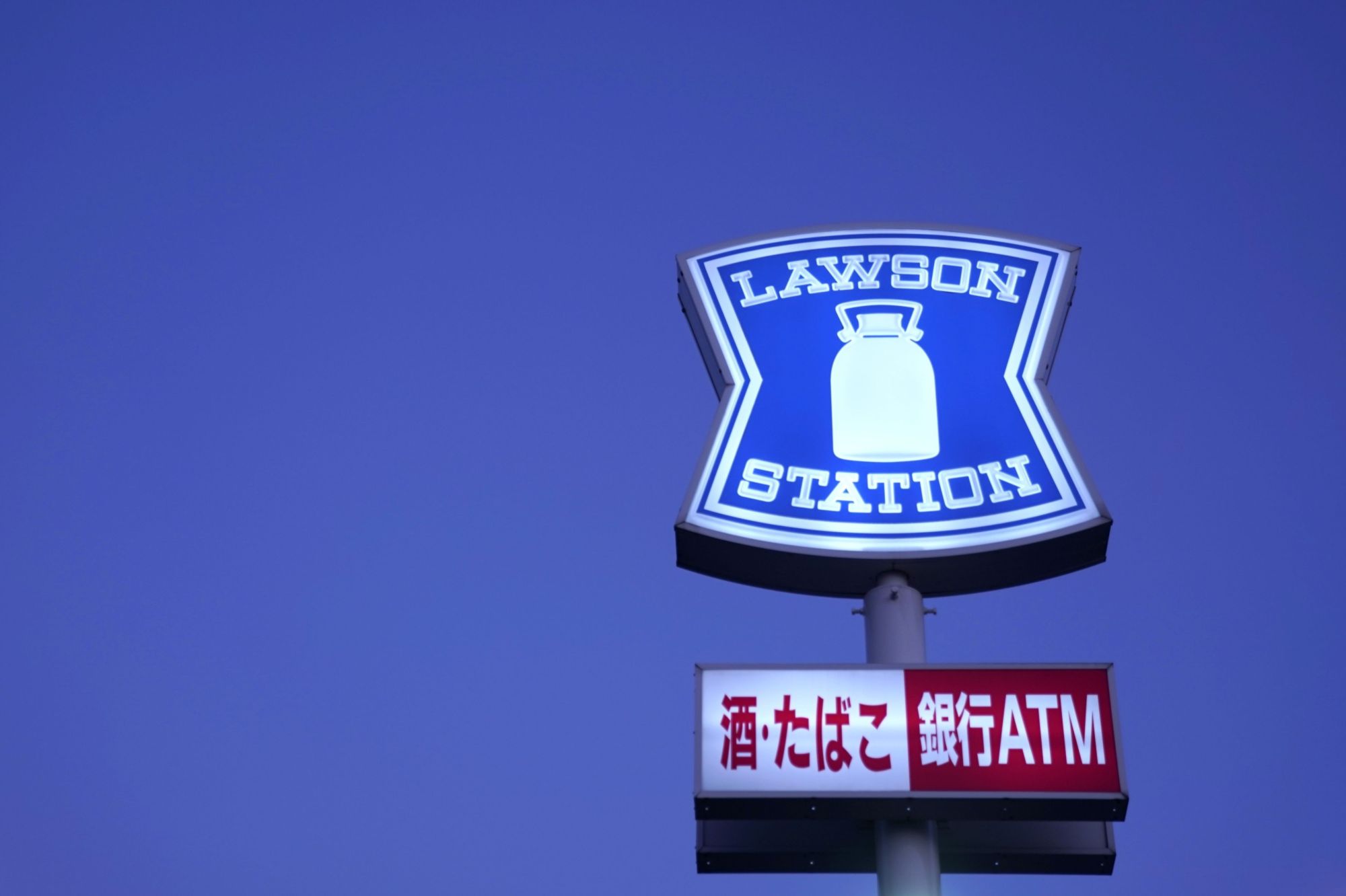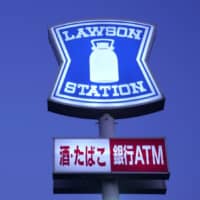Convenience store sales rose 0.4 percent to a record level last year as the government's measures to spur consumer spending helped offset the impact of the consumption tax hike.
Sales on a same-store basis increased for the second straight year to ¥10.34 trillion ($93.84 billion) in 2019, topping ¥10 trillion for the first time since comparable information became available in 2005, the Japan Franchise Association said Monday.
Sales were lifted by the government's shopping reward point program for purchases made through cashless payments, which was introduced to mitigate the impact from the consumption tax increase to 10 percent from 8 percent in October, according to the association.
The rebate rates are 5 percent at small and medium-size stores and 2 percent at major chains such as convenience stores. Cooked and frozen food items were among products that contributed to the all-time high in sales.
Still, the outlook for convenience store sales remains uncertain as the rebate program will end in June and major convenience store operators such as Seven-Eleven Japan Co. and Lawson Inc. are ending 24-hour operations at some outlets due to the labor crunch.
In 2019, average spending per customer on a same-store basis rose 2.1 percent from the previous year to ¥632.6, while customer visits fell 1.6 percent to 16.35 billion.
The number of stores totaled 55,620 as of the end of 2019, down 0.2 percent from a year earlier, the industrial body said. It was the first fall since the association started compiling data, reflecting convenience store operators' efforts to curb new store openings to avoid their profitability from being squeezed in the saturated market.
Total sales including those at newly opened stores during the year grew 1.7 percent to ¥11.16 trillion.
In December alone, same-store sales fell 0.3 percent to ¥915.57 billion, with the monthly number of customers slipping 1.1 percent to 1.39 billion. The average spending per customer rose 0.7 percent to ¥659.2.




